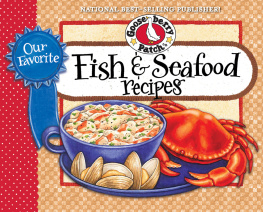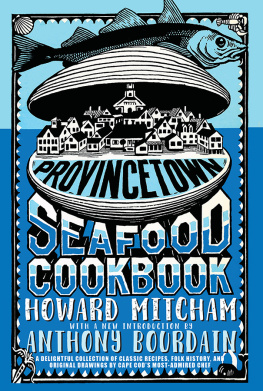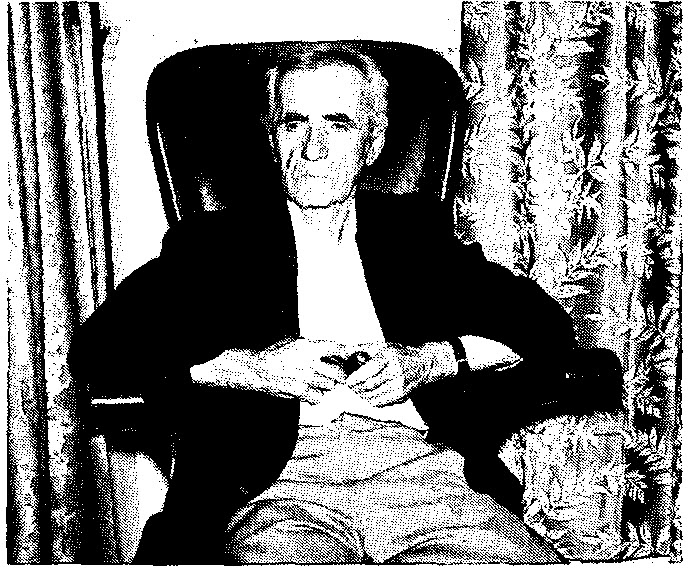New
Introduction by Anthony Bourdain
I was never pals with Howard Mitcham. Howard Mitcham never knew my name. If he knew me by sight, it was because I was always hanging around Spiritus Pizza during the bar rush, waiting for my girlfriend (of whom he was quite fond) to get off work. Hed come in after a few drinks at the Focsle or the Old Colony or wherever he was doing his drinking in those days. His face would be flushed and hed be a little unsteady on his feet, and you could hear him over the crowd, but this was normal. Even then, he was a legend.
I knew Howard through his book. This book. Which was presented to me by a friend pretty much the first day I began working as a cook. In the Flagship restaurant, where Id only recently started what would turn out to be a long, checkered career in the industry, Howards word was law: baseline technique, first principles when dealing with fish. His haddock amandine was famous up and down the Capepeople would drive down from Boston to eat it at Pepes (or later, his own eponymous restaurant). We lifted his recipe shamelessly intact.
More important than his recipes, however, and more enduring, was his prosehis attitude toward the humble quahaug, haddock, mackerel, Wellfleet oysters, striped bass, bluefishthe Portuguese fishing families of PTown and the Cape. He was not a snobat a time when most cookbooks sounded as if theyd been written by someone in a smoking jacket, while stroking a pet ocelot.
He put his recipes in context. Told you where they came from, what inspired them, convinced you that he loved them and that you should love them too. He was way, way ahead of his time in his embrace of so-called trash fish. And he understood always that the best place to enjoy seafood was on the beach, among friends, in a pretense-free zone, preferably accompanied by many drinks, or at the beloved Cookies Tap, whose squid stew he appropriated after much experimentation. Thats a recipe I still cook todayone that Ive gotten a lot of mileage out of over the years.
Like another great food writer, A. J. Leibling, Mitcham understood there is no difference between the joys of a great meal at a three-star Michelin and at a humble fishermens baras long as its made with love and with pride.
His love for Provincetown shines through every page of this book. Its a true classic, one of the most influential of my life.
I may never have really known Howard Mitcham, but I miss knowing he was out there.
This book is dedicated to
The Fishermen of Provincetown,
Past, Present and Future
and in memory of
John J. Gaspie
Born on the Island of Pico, Azores, August 8, 1884
Died in Provincetown, July 3, 1961
Acknowledgements
The author wishes to thank all his friends who have contributed recipes, ideas and encouragement in assembling the material in this book; if listed individually their names would cover several pages.
Thanks are due to the old Fish and Wildlife Service, Department of the Interior, for the portrait drawings of various fishes; for information on curing and smoking fishery products; and for valuable information obtained from their bulletin (which has now become a classic) Fishes of the Gulf of Maine, by Bigelow and Schroeder.
The photos on pages 6 and 8 were made by John Bell from antique glass negatives in his collection, and for their use we are grateful; they are copyright by John Bell and may not be reproduced without his permission.
For all the other old-time photographs of the Provincetown fishing industry we are indebted to the Provincetown Museum, and its curator Eugene Watson and his assistants, Ernest Irmer, Lewis Watson and Mrs. Margaret Mayo, who aided in assembling the photographs from the Museums collection.
Other original photos for whose use we are grateful and give credit are as follows: John Gregory for the portrait of John J. Gaspie on .
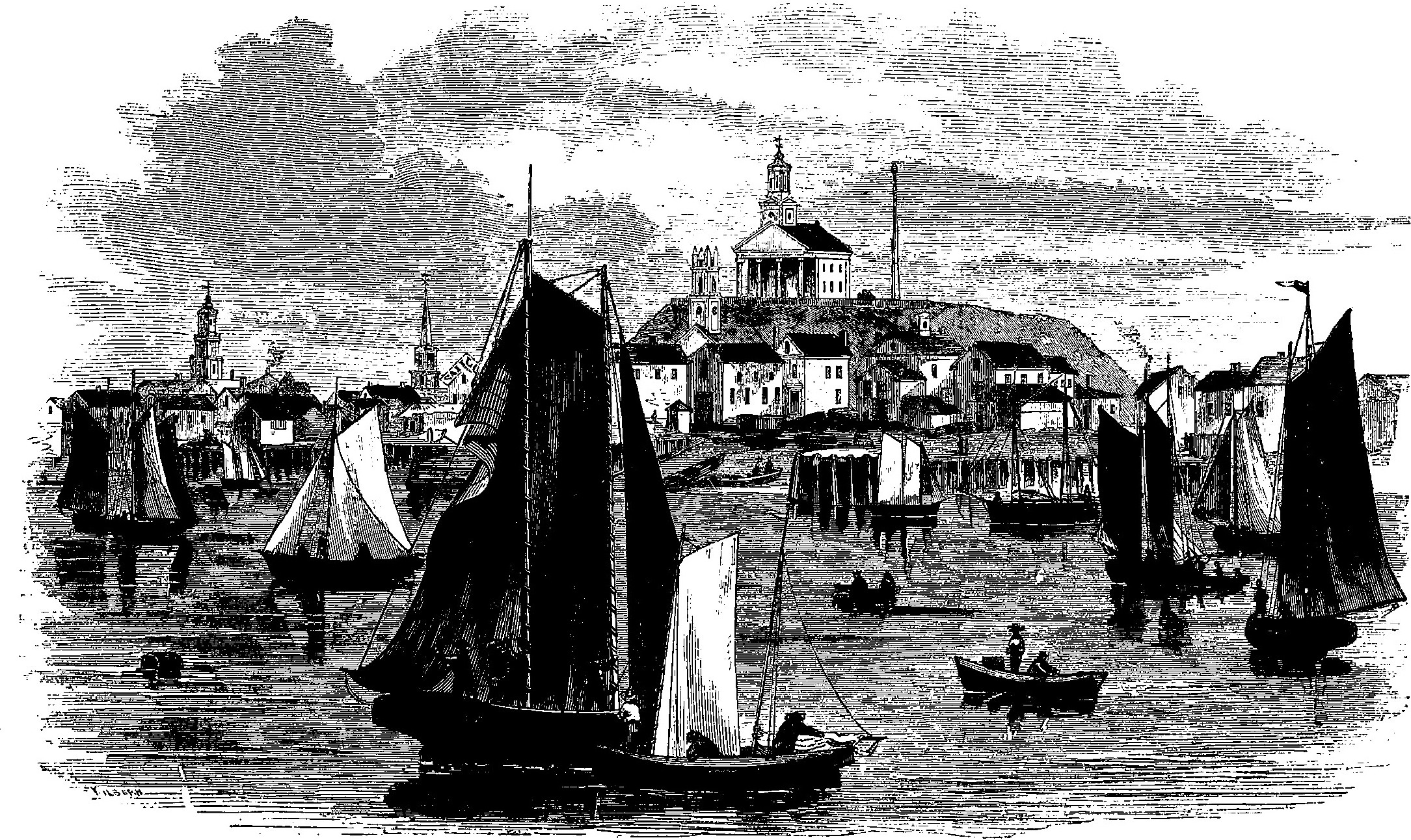
PROVINCETOWN IN 1856
At the height of its fame as a fishing center.
Introduction
P ROVINCETOWN is the birthplace of the commercial fishing industry of the U.S.A. Its the seafood capital of the universe, the fishiest town in the world. Cities like Gloucester, Boston, New Bedford and San Diego may have bigger fleets, but they just feed the canneries; Provincetown supplies fresh fish for the tables of gourmets everywhere. All the fish wholesalers in New York and Boston know that Provincetown fresh fish is the best there is. Our fleet is small but its catch packs a wallop in marketing circles.
From the earliest days of its history Provincetown has been synonymous with fish. Explorers like Champlain and Gosnold in the early 1600s were amazed at the teeming shoals of fish that abounded in our waters. Gosnold described Provincetown Harbor in his journal: Its a harbour wherein may anchor a thousand ships, and there we tooke great stoare of codfysshes.

Drawn by J. W. BarberEngraved by S. E. Brown, Boston.
VIEW OF PROVINCETOWN FROM THE NORTHEAST IN 1840

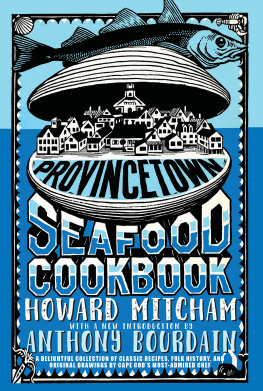
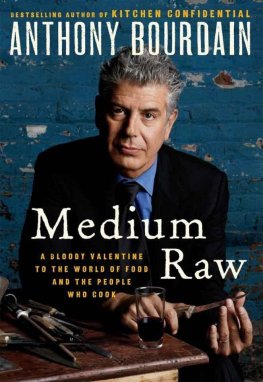
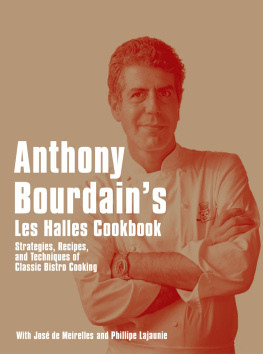
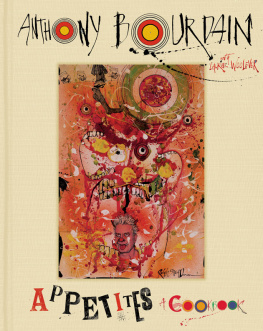

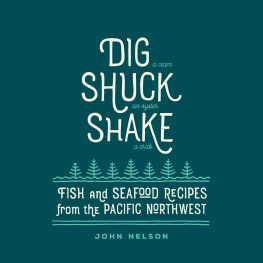
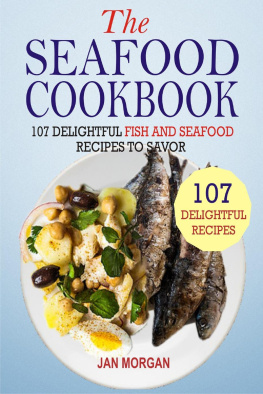
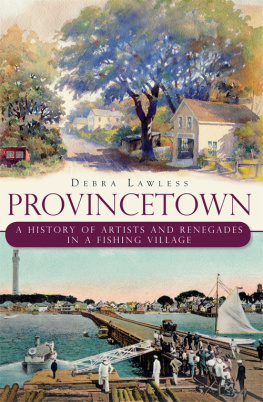
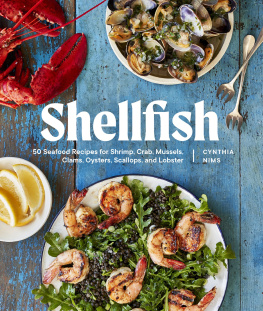
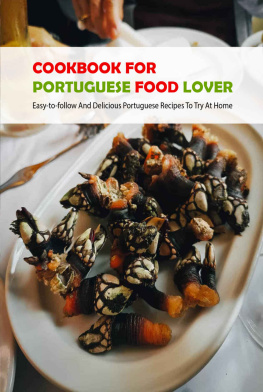
![Mila Mason - Salmon 365: Enjoy 365 Days With Amazing Salmon Recipes In Your Own Salmon Cookbook! (Best Seafood Cookbook, Seafood Soup Cookbook, Seafood Cookbook For Beginners, Grilled Seafood Cookbook) [Book 1]](/uploads/posts/book/288400/thumbs/mila-mason-salmon-365-enjoy-365-days-with.jpg)
